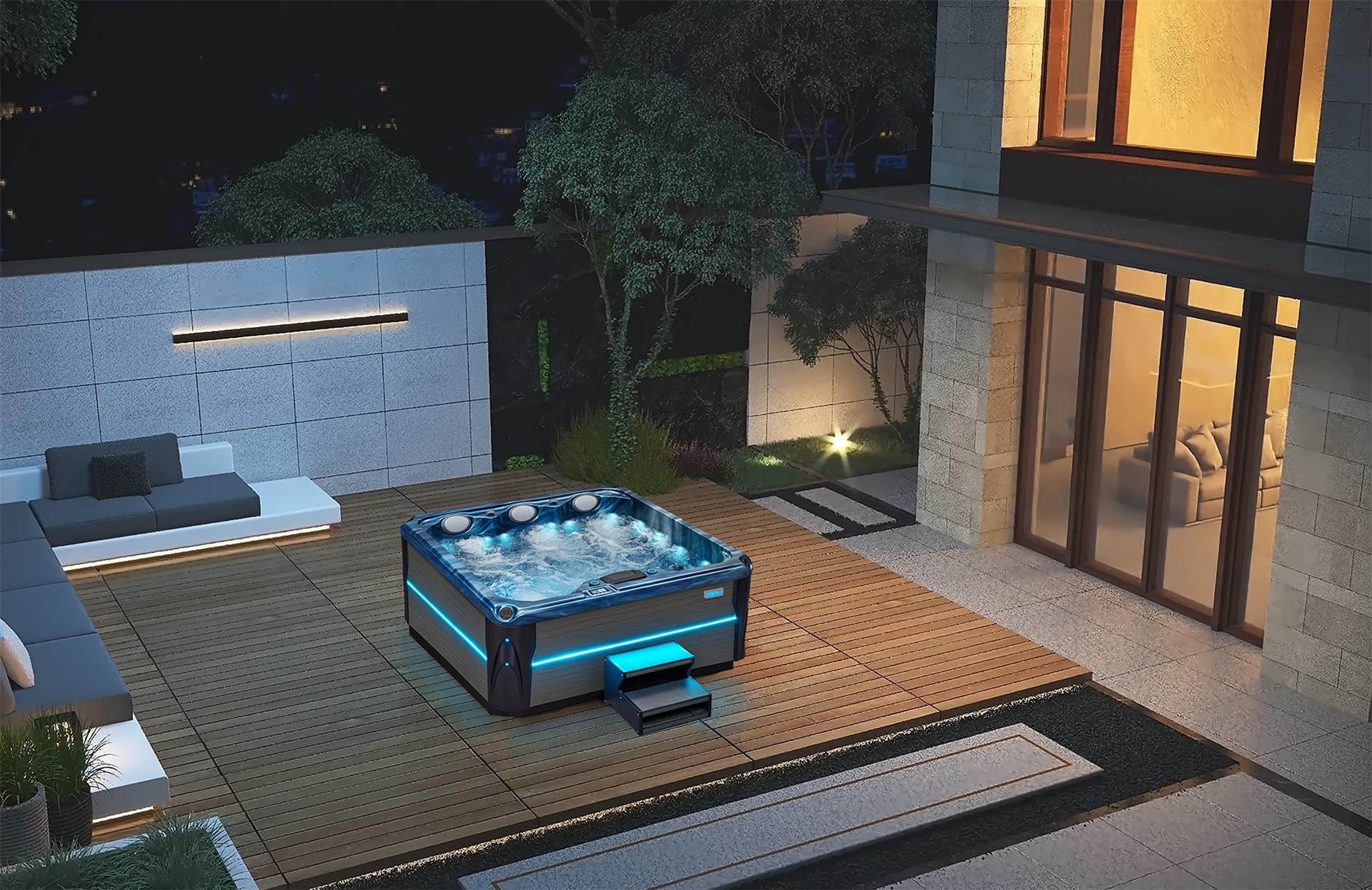FSPA Hot Tubs: Navigating Voltage, Frequency, and Socket Variations Across Borders
FSPA hot tubs are synonymous with relaxation and luxury, providing a soothing escape from the stresses of daily life. However, when it comes to enjoying these spa retreats in different countries, there are important electrical considerations to keep in mind.
One of the primary electrical disparities between countries is the voltage supplied to homes. For example, the United States typically uses 110-120 volts, while most European countries use 220-240 volts. This voltage difference is crucial because using a hot tub designed for one voltage system in a country with a different system can lead to electrical issues, damage to the hot tub, and even safety hazards.
The frequency of electrical supply also varies across borders. In the United States, the standard frequency is 60 hertz (Hz), while in most European countries, it’s 50 Hz. This difference can affect the operation of certain electronic components in a hot tub. Therefore, it’s important to ensure that the frequency compatibility is addressed when planning for international use.
Apart from voltage and frequency, plug and socket types differ from one region to another. The United States primarily employs Type A and Type B plugs and outlets, while Europe uses various types like Type C, Type E, and Type F. Mismatched plugs and sockets can be a significant obstacle when trying to set up a hot tub in a foreign country.
When purchasing a FSPA hot tub for international use, it’s paramount to establish clear communication with your supplier. Here’s why:
1. Voltage and Frequency Adjustment: FSPA can often provide hot tub models that can be adjusted or configured for use in different countries with varying voltage and frequency requirements. We can guide you in selecting a compatible unit.
2. Plug and Socket Adaptation: FSPA can also assist in ensuring that your hot tub is equipped with the appropriate plug or socket type for your destination country. We may provide adapters or help you source the necessary components.
3. Safety and Compliance: FSPA can help ensure that your hot tub complies with local safety standards and regulations, providing peace of mind that your purchase is not only functional but also safe to use.
In conclusion, while the allure of a hot tub is universal, the technical aspects of electrical compatibility can be region-specific. Therefore, engaging in open communication with your supplier is crucial. By addressing voltage, frequency, and plug and socket types, you can navigate the variations across borders and enjoy your hot tub in different countries without unnecessary obstacles. With the right preparation and guidance, your international FSPA hot tub experience can be as seamless as it is relaxing.

